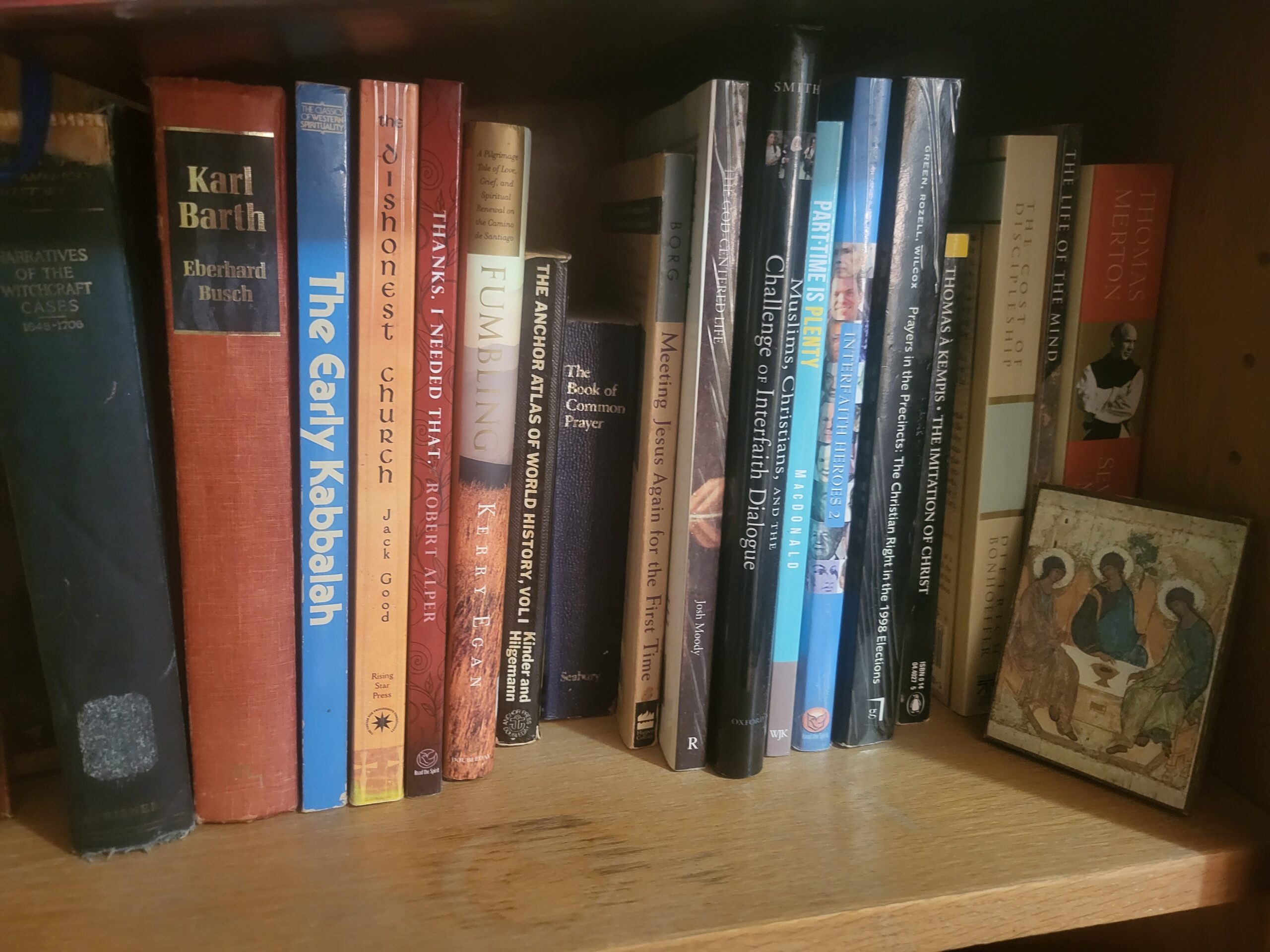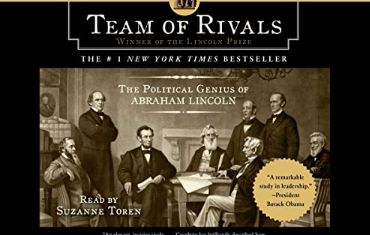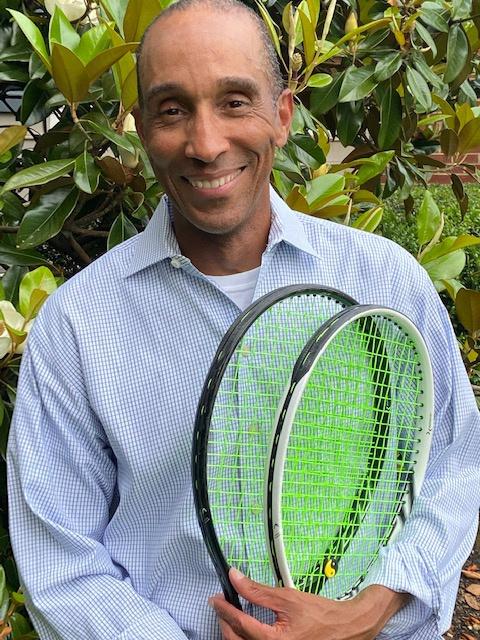
A brush with the worst of the human experience shows the importance of preventing arguments from tipping into toxicity, while not losing the ability to stand firm against evil.
by Martin Davis
EDITOR-IN-CHIEF
We are good—quite good, in fact—at arguing with one another. In the Advance’s first year, we’ve almost daily chronicled people’s ability to do so. Whether through conflicts over education, zoning ordinances, elections, or athletics, we pour countless hours into having it out with our neighbors.
The arguments we have are necessary and can prove productive. Despite our best efforts to reduce the human experience to data points and explain our actions, life continues to befuddle the computer. Our interactions are too complex, and the effects too unpredictable.
These same arguments, however, can become toxic. And it happens most often when our arguments aren’t counterbalanced by talk about the rich ties that bind us.
Thinking about those ties has been front-of-mind for me over the past several months, and especially over the past few days. For I’m learning to deal with the consequences of toxic behavior in a way that too few of us anymore do.
This week, our youngest son deployed for the first time.
He is clear-eyed about the dangers he faces, and about what motivates him to serve in one of the most dangerous regions in the world.
I wonder how many of us are as clear-eyed about why we do the things that we do.
I’ve never experienced war, but I’m living through the next worst thing—waiting for someone to return who is.
The answer, I fear, is “not enough.”
Begin with the fact that the language of war is pervasive in our society. It runs through athletics. And it too often defines our politics.
Both my partner Shaun Kenney and I have heard people within our respective political spheres talk about the “other side of the aisle” as people they are “at war with.”
Such language cheapens the reality of war—which my son and his brothers in arms are now engaged in—and unnecessarily inflames the debates we face as a community.
As Shaun says so well when confronted with these situations, “I’m not at war with my neighbor.”
When Our Neighbors Are at War with Us
If anyone had a right to feel at war with their neighbors, it was Martin Luther King, Jr.
As Jonathan Eig has described in his new biography of King, the brutality of M.L.K. Jr.’s grandfather’s life, the challenges faced by his father, and the trials and tribulations he endured before he was known much beyond the city of Atlanta offered plenty of reason for King to mistrust white America. Indeed, to go to war with it.
And early in his life, he had the opportunity. King often talked about his early experience with a white boy in his youth that was terminated when the two reached school age. As the boy explained to King, now that they’re students they were no longer allowed to be friends.
What we admire about King today was his refusal to turn on his neighbor. What we too often forget was his willingness to call out evil.
This event, which happened when King was six, marked the first time he says he became acutely aware of race, as he wondered why skin color alone would lead to judgment.
“I was greatly shocked,” King said: “and from that moment on I was determined to hate every white person.”
But, Eig says, “M.L.’s determination to hate every white person faded quickly, but his determination to fight racism never diminished.”
What we admire about King today was his refusal to turn on his neighbor. What we too often forget was his willingness to call out evil.
According to Eig:
Racism had ground down [Martin Luther King, Jr.’s] paternal grandfather, but M.L. King, Jr. saw prejudice and discrimination as evils to confront, not curse. Justice, in his youthful view, was like love: denial only made the desire for it grow.
How we pursue justice matters.
In a review of Eig’s book for The New Yorker, “Martin Luther King, Jr., and the Perilous Power of Respectability,” Kelefa Sanneh cuts straight to the issue. King was a practitioner of “respectability politics.” Simply put, it’s “the idea that a group is more likely to be treated with respect if its members behave respectably.” Sanneh continues:
Unlike King himself, respectability politics does not have a great reputation; the term is used primarily by critics of it who worry that this approach tends to “rationalize racism, sexism, bigotry, hate, and violence,” in the words of one NPR report. This is the most paradoxical aspect of King’s long, glorious afterlife: fifty-five years after his death, he is almost universally respected, but his lifelong devotion to the politics of respectability is not. (Emphasis added.)
We can respect the man and his oration. We can respect his ideals. What we cannot embrace is his commitment to respectability. Perhaps because we have lost the ability to find any dignity or virtue in those we oppose.
King saw and understood as clearly as anyone the evil of racism, yet he did not let go of the values in white culture that would prove the most powerful weapons in fighting bigotry’s promoters.
So while he would chastise white ministers in “Letter from a Birmingham Jail,” he simultaneously embraced the theologies of Walter Rauschenbusch and Reinhold Niebuhr, and especially the power of the great 20th century minister Harry Emerson Fosdick’s oratory.
Sad, Lonely, Angry, and Mean Society
With what was King inoculated that saved him from turning on his neighbors?
Though David Brooks did not set out to answer that question, he unwittingly did so in his recent opinion column for the New York Times, “How to Save a Sad, Lonely, Angry, and Mean Society.”
I’d argue that we have become so sad, lonely, angry and mean as a society in part because so many people have not been taught or don’t bother practicing to enter sympathetically into the minds of their fellow human beings. We’re over-politicized while growing increasingly under-moralized, under-spiritualized, under-cultured.
King could turn from hate—even at an early age—because of the arts.
Though he wouldn’t read the great writers and thinkers until college, early on he was raised to value culture. And that appreciation of culture is what kept him grounded in respectability—a virtue we have largely lost—when those around him were quick to turn to politics and violence.
King was not a scholar—one need not be to appreciate the arts. But he was a well-read man. And in the arts lies our path to recovering our humanity.
As Brooks concluded:
The best of the arts induce humility. In our normal shopping mall life, the consumer is king. The crucial question is, do I like this or not? But we approach great art in a posture of humility and reverence. What does this have to teach me? What was this other human being truly seeking?
Rediscovering Respectability
The path to discovering the ties that bind us requires neither costly programs, nor advanced degrees.
It requires a simple willingness to engage with the best of culture.
In so doing, we reap to wisdom of thousands of years of learning around the great questions for which there are no definitive answers—but there are humane ones.
And when we discover these, we can identify evil, and simultaneously learn to not make war with our neighbors.
I’ve never experienced war, but I’m living through the next worst thing—waiting for someone to return who is.
Too few of us today know that pain, because few of us have a direct connection to the military. As Pew Research has reported:
The share of the U.S. population with military experience has declined, according to data from the U.S. Census Bureau. In 1980, about 18% of U.S. adults were veterans, but that share fell to 6% in 2022.
Though more of us are spared that pain, we’ve also lost something—to ability to discern between evil that must be resisted, and disagreement that is a healthy part of the human experience.
To rediscover the difference, let us commit to turning toward that which unites us. In the words of Isaiah:
“Learn to do well; …. Come now, and let us reason together.”






I empathize with your angst, and truly pray for your son’s safe return. Truly.
But a few brief thoughts, as I have business elsewhere. Can you tell me the war he is serving in?
What resolution of Congress declared it, as required by the Constitution? Because I have not heard. I would love to read the transcript of the debate. You rightly bemoan how the burden of supporting democracy falls upon a few volunteers. But what about the members of Congress such as our mutually admired Abigail, as well as others such as Shaun’s “great” Rob Wittman who did not debate this war?
Once again, MLKJr is presented as a god, to lead us like Moses through our troubles. But what was he other than a product of his time? This is the same MLK that the FBI reportedly is holding tapes of listening to a woman being raped in the next room, and laughing about it?
Would that be the definition of a great man by today’s standards? Probably not. Though in his time, not only would he not have been held liable, the man committing the rape would likely not have been, if the woman had entered the bedroom with him alone willingly.
Don’t believe me? Watch movies from that era, then come back. Hud. Goldfinger. Etc.
Yet we think nothing of tearing down statues of Lee or Jackson that were products of their time, while building statues to the likes of King. I’m not asking what that says about them, but what does it say about us?
Personally I’m of the camp that accepts duality. That a man, like a society, or nation can have many flaws. Yet still have qualities of greatness that are worthy of admiration. It’s the certitude of absolutism that I fear.
You and your soulmate Shaun seem to share that fear.
Yet where we part, is in the idea that both of you also seem to share, that I do not, that in service to that fear, we should never have any absolute values. We should always be willing to compromise. On any question, any value. until – like the Niemoller in his poem, they come for you.
I do not share that value. There are some core values I cannot, and will not compromise.
I suspect that trait you both share is much more the base problem in today’s society than you realize.
Rob Wittman is a great man. But Rob just voted to reject a bill to increase border security, at the same time he voted to impeach the Homeland Security Secretary for not securing the border. At the behest of a man found liable for actually doing a rape similar to the one overheard by King, and has had courts and government officials find him liable for attempting to overthrow the very government and Constitution that your son is risking his life to protect.
That is under over 90 felony indictments not only for such insurrectionist actions, but also fraud, and risking the very national security that again, your son is protecting. This is a man who deliberately caged kids, endangered American’s health,……..nevermind – if you don’t know or have already forgotten – it’s because you want to not know, or to forget.
You say that the problem is that we are not the moral people we once were. I say we are just people, same as those before us, and those who will come after us. Getting better somewhat, as long as our bellies are full, and our time is enjoyable. Hopefully it will last.
But that does not mean that we do not have a duty to say clearly we are against something, if it is wrong. Whether it be the beating of police officers, the torture of children, the robbing of the poor to aid the rich.
We can and should do so politely. Peacefully, as much as possible. But that does not mean we should always give in for the sake of politeness.
Sometimes, wrong is wrong. If you play football against a team that does not have to obey the same rules as you (1st down is 5 yards for them if they fail to meet 10; it’s 15 for you if you manage to gain 12); I doubt you will be successful, no matter how accommodating you are.
There has to be something you’re willing to stand for. Fair, decent treatment of all, with a demand for equal accountability seems a good place to start.
In the meantime, I do hope your son remains safe until he returns home to you.
I rarely ever offer comments here, but I do want to clarify. There is no formal declared war. I am aware of that. I was using war as a term of art.
Thank you.
Again, the fact that we, as a society, are so willing to accept that fact, is something that is devalued when discussing how willing we as a nation are to send your good son into harm’s way.
The politicians like it, because they are able to avoid accountability for their actions. They become glorious quarterbacks on Monday morning when something goes wrong.
The public likes it, because we can all sing Toby Keith songs rather than Driveby Trucker’s. Wanna lay any bets on whether there will be a military flyby at the Superbowl on Sunday?
Interesting ancillary discussion of this facet in a book that I’m working thru by Matthew Connelly called the Declassification Engine, which touches on how willing we have been to place our trust into government to decide what is in our interest and what isn’t.
Anyway, again – hope your son is safe, but we do him no good service if we send him into harm’s way without clear goals, support, or objectives.
Any more than we do ourselves when we refuse to establish any values that we are not willing to negotiate away when challenged here.
I think both are shortsighted mistakes.
Best wishes.
Marty,
My thoughts go with your son and stay with you and your family.
I agree that “War” and “neighbors” do not belong in the same sentence. As most religions teach one way or another, Love thy neighbor as thyself. It’s tragic that so many human beings don’t seem to be able to.